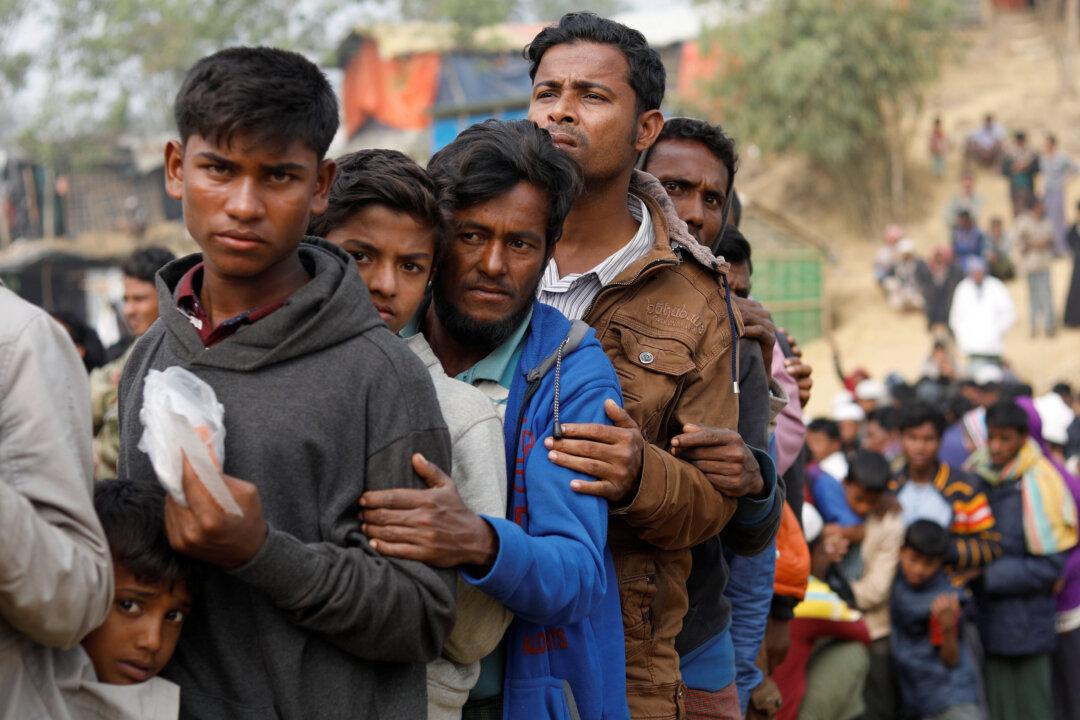DHAKA–Bangladesh has agreed to complete the process of returning Rohingya refugees to Burma within two years after repatriation begins, the south Asian nation said on Tuesday, following a meeting of the neighbors to implement a pact signed last year.
A statement by the Bangladesh foreign ministry did not say when the process would begin. But it said the return effort envisages “considering the family as a unit,” with Burma, also known as Myanmar, to provide temporary shelter for those returning before rebuilding houses for them.





